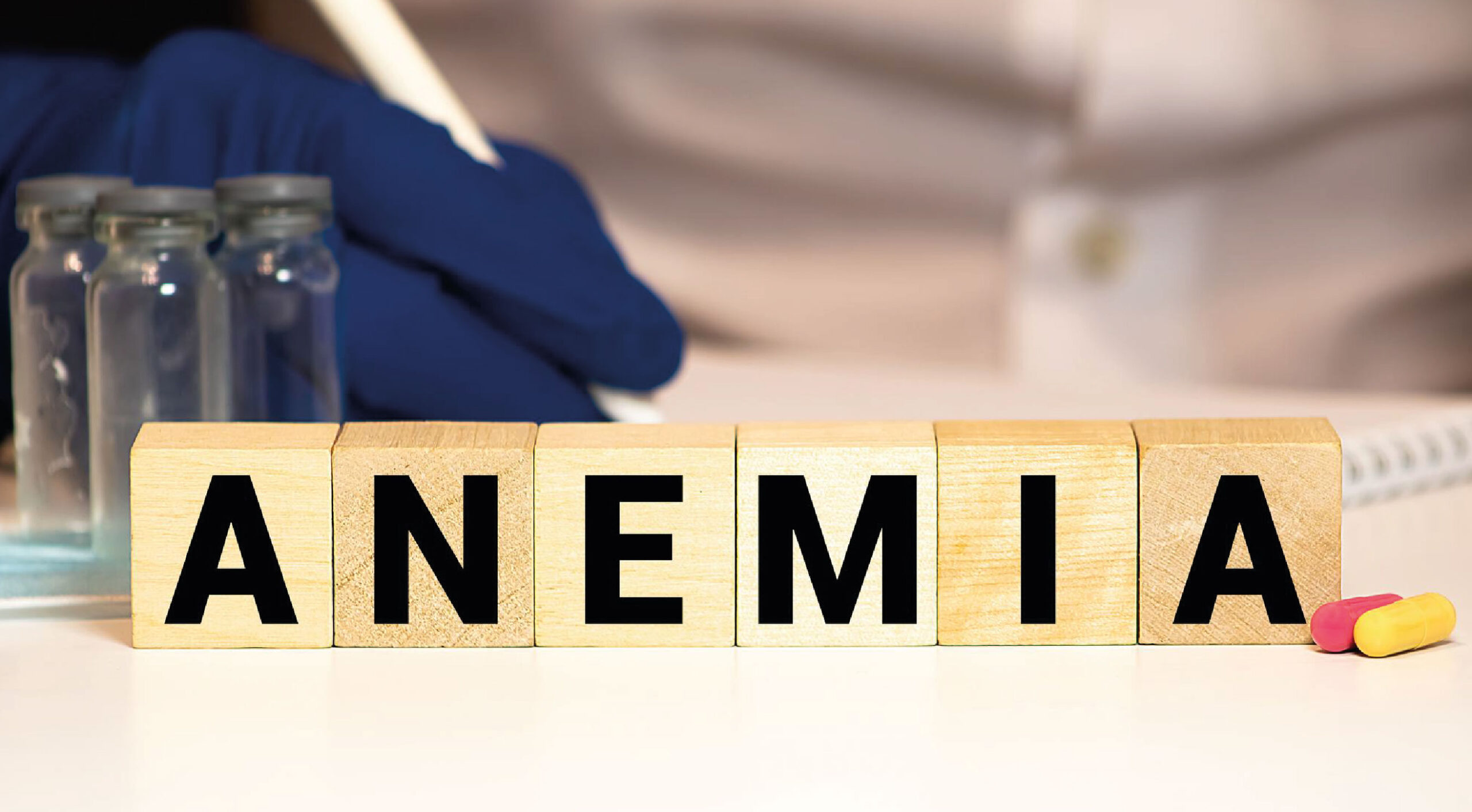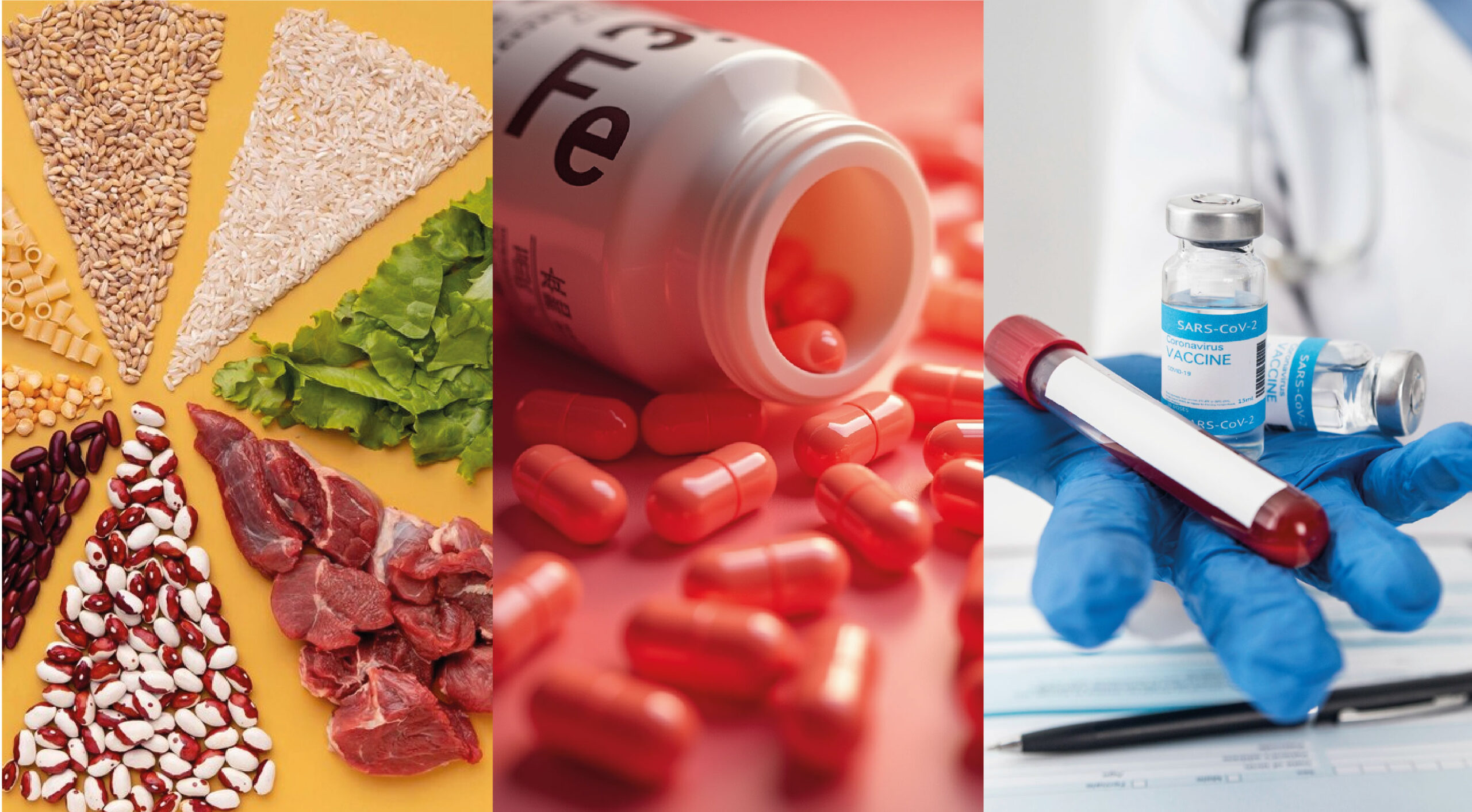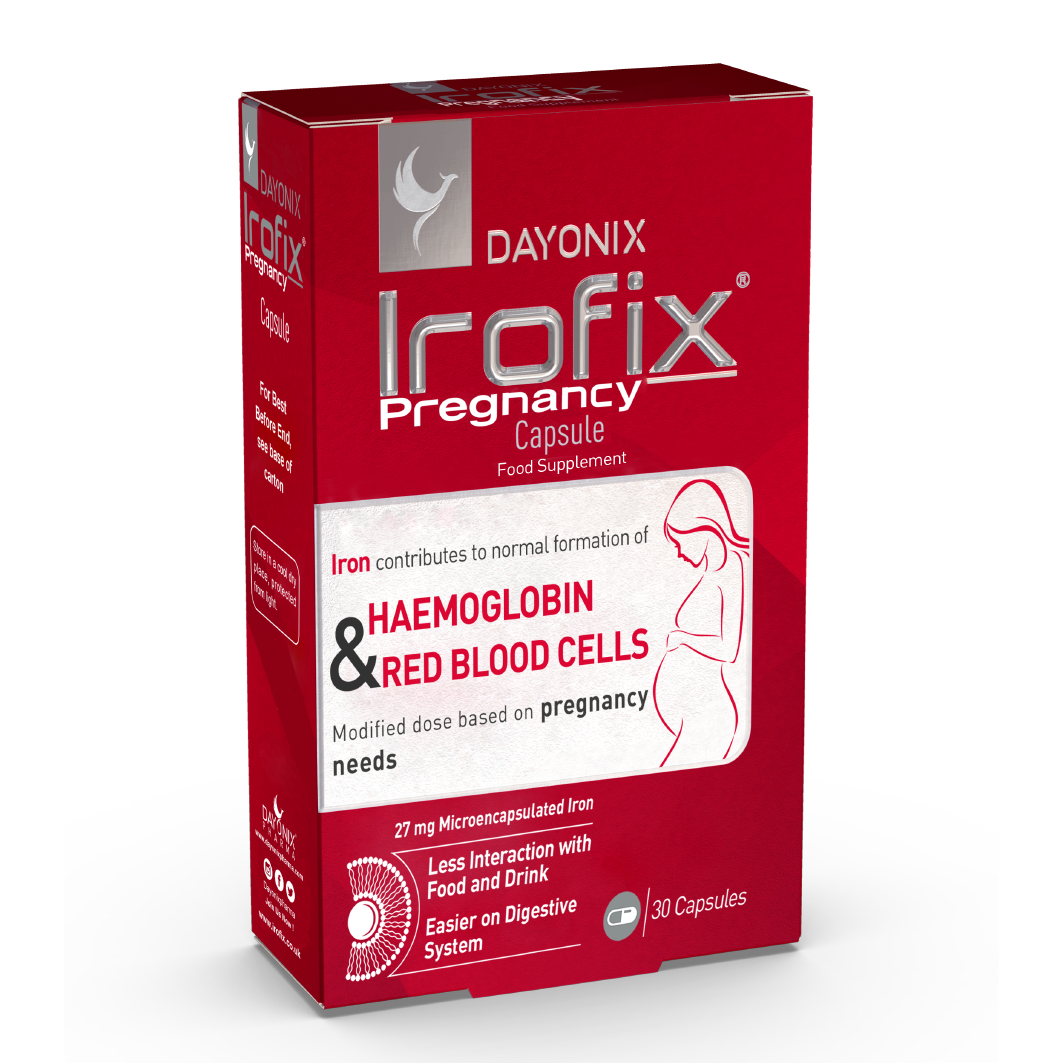
Anemia in Pregnancy: Understanding Causes, Symptoms, and Effective Iron Solutions
March 14, 2025Anemia during pregnancy is a significant health concern that can affect both the mother and the developing fetus. It is often linked to iron deficiency and can lead to serious complications, including fatigue, preterm birth, and low birth weight.
Understanding the causes, symptoms, and management strategies for anemia during pregnancy is crucial for ensuring optimal maternal and fetal health.
This article delves into the physiological aspects of anemia in pregnancy, the role of iron supplementation, and the importance of timely detection and intervention.
What is Anemia During Pregnancy?

Anemia in pregnancy is defined by a decrease in red blood cells or hemoglobin levels. This condition is particularly common among expectant mothers due to the increased iron demands during gestation. Research on anemia during pregnancy shows that multiple factors are involved, requiring a clear understanding and evidence-based solutions to protect the health of both the mother and the baby.
Iron Deficiency: The Root Cause of Anemia in Pregnancy
During pregnancy, the body needs more iron to support the baby’s growth and increased blood volume in the maternal circulation. Studies show that low iron intake or poor absorption can lead to anemia, which may harm both the mother’s health and the fetal development. Scientific studies emphasize the need for an adequate iron intake during pregnancy to support both maternal and fetal needs.
Symptoms of Anemia During Pregnancy

Clinically, symptoms of anemia during pregnancy manifest as:
- Fatigue
- Shortness of breath (dyspnea)
- Palpitations
These signs can significantly affect the quality of life for expectant mothers and are critical indicators that require prompt attention. Monitoring hemoglobin levels regularly during prenatal visits is essential for early detection and intervention. Scientific evidence highlights the importance of blood tests for timely and accurate treatment.
The Impact of Maternal Iron Sufficiency on Fetal Health

Ensuring sufficient maternal iron levels is crucial for the health of the developing fetus. Insufficient iron can lead to complications such as preterm birth and low birth weight. By maintaining optimal iron levels, it is possible to reduce these risks and support healthy fetal development throughout the pregnancy.
Holistic Approaches to Managing Anemia in Pregnancy

In summary, understanding anemia in pregnancy is key to improving outcomes for both mother and baby. A comprehensive approach to managing anemia during pregnancy includes combining careful prenatal care, personalized nutrition, and regular blood monitoring with timely medical interventions. This approach helps to mitigate the risks associated with anemia during pregnancy and ensures that both the mother and fetus receive the care and nutrients necessary for optimal health outcomes.
Managing Anemia in Pregnancy: Nutritional and Supplementation Approaches
Managing anemia in pregnancy involves a combination of dietary adjustments, iron supplementation, and addressing any underlying issues like nutritional deficiencies or other health conditions contributing to iron deficiency. Physicians recommend iron-rich foods and iron supplements, including capsules or tablets, to ensure that the mother receives adequate iron. Ensuring enough iron for the mother is crucial to prevent complications such as preterm birth and low birth weight.
Conclusion
In conclusion, anemia during pregnancy is a significant concern that requires proactive management through a combination of nutritional strategies and iron supplementation. By addressing iron deficiency early, expectant mothers can minimize risks and improve both their own health and the health of their babies. Healthcare providers should continue to emphasize the importance of regular hematological assessments and individualized care to prevent the complications associated with anemia during pregnancy.
References
1.Pavord S, Myers B, Robinson S, Allard S, Strong J, Oppenheimer C. UK guidelines on the management of iron deficiency in pregnancy. Br J Haematol. 2012;156(5):588-600.
2.World Health Organization. Nutritional anaemias: tools for effective prevention and control. Geneva: World Health Organization; 2017.
